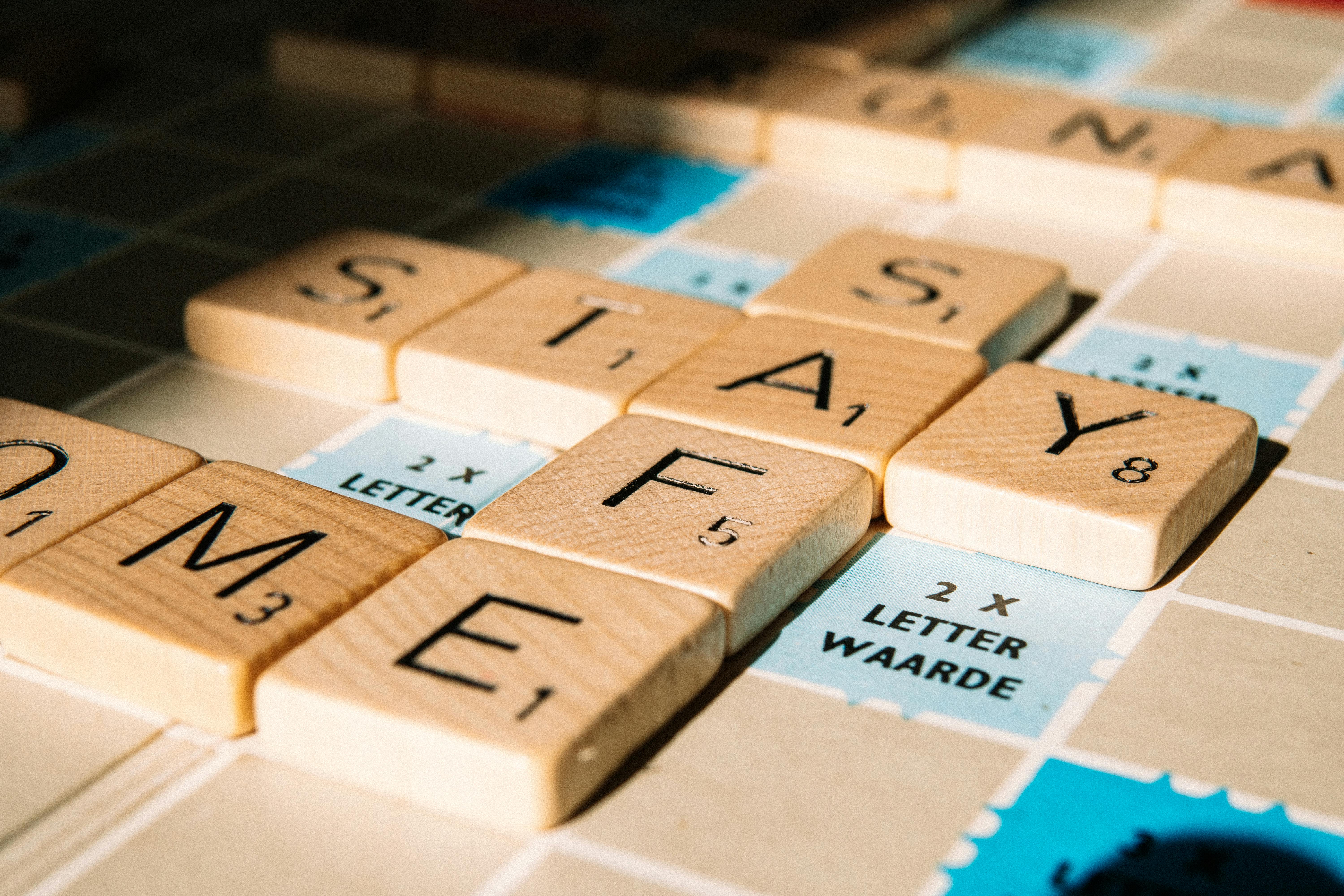The heart of education is student learning. The librarian’s responsibility is to develop knowledge so that learning becomes more enduring and meaningful, more permanently meaningful, and more personally satisfying. Perhaps much of what students learn will wear out or become outdated. But the information skills learned in libraries will continue to work indefinitely or for as long as they are needed (Mangay, 2004).
The school/university library is a vital partner in knowledge management and must share with the school/university its responsibility for systematically designing, carrying out and evaluating the total process of learning and teaching (Herring, 1982). In which case, the library assumes the role of mediator between pupils/students and learning resources, and between teachers/professors and teaching resources. The library contributes to a meaningful, satisfying and challenging education, if it is directly involved (Mangay, 2004).
The school/university library should be seen as an integral part of the school/university organization and not as an orphanage. Its development cannot be isolated from the development of education because it is part of the educational system. The library is unique in that its users are part of their education, acquiring skills in the effective use of information to meet certain learning objectives. The library is not simply a support to the curriculum, but an active part of the curriculum.
In general, education is moving away from traditional classroom teaching of restricted subjects/modules, towards more individual work, group learning, project work, research and an increasing use of non-book resources and books. The disappearance of streaming in the school curriculum plays a fundamental role in the search for methods or sources that respond to the great variety of learning abilities of students/pupils.
The traditional ‘chalk and talk’ approach to teacher/teacher centered education has been modified. Teachers/lecturers now spend their time introducing pupils/students to topics and explaining concepts and methods in a speaker-like situation. Pupils/students are required to learn on their own and, where possible, at their own pace. We continue to see the gradual growth of the use of ‘newer media’ alongside the ‘old print’ medium (Mangay, 2004).
School/college libraries offer a learning environment in which the pupil/student can learn and practice research and research techniques. Its collections express the anticipated needs of all teaching units and special interests of the school/faculty, and in addition, they pay special attention to the personal cultural and recreational interests of the young people themselves, so that reading and inquiry become natural habits of life.
Libraries are now entering a new stage of development in the information age. New educational developments have strengthened the role and importance of school librarians. They are tasked with fulfilling the natural role of school/university libraries as a center for learning and exploitation of all available communication methods. The library is a communication center. His commitment and concern for the promotion of reading and the enrichment of the imaginative and creative life of the individual remain intact (Taylor, 1980).
It is the responsibility of librarians to ensure that patrons develop the ability to find, use, evaluate, and retrieve materials according to patronage’s own need and purpose. It should provide referral and mentoring services when the clientele’s skills are not adequate for the search problem at hand (Grass and Klentz, 1999). Librarians are often seen as resource providers, rather than collaborating faculty who share common goals. The librarian is an educator, custodian, organizer and disseminator of knowledge. The library, therefore, allows the student to investigate the context beyond the curriculum.
The effective use of the library will improve the library awareness of young people; transform enthusiastic non-users and learners into lifelong readers and learners. Library awareness will also change the minds of students who think their purpose in the library is just studying notes or charging mobile phones without the ability to research for assignments, writing projects, or other academic assessments. The library enables users to develop lifelong literacies. Helps increase individual student efforts and achievements; it creates a new perspective on the use of information, and is a stimulus for the academic community (faculty, staff, students, researchers).
Finally, the library must be recognized and used by other professional colleagues in the learning enterprise (Lance & Loertsher, 2001). It attracts a professional clientele for the resources provided, facilitating richly enhanced and fruitful reading notes for student learning, project writing, term papers, homework, and of course, exams. A better focus will be taken on modules taught and ‘note taking’. This encourages the partnership between readers and the librarian. The librarian’s work is of high quality and makes a valuable contribution to the academic community (Grass & Klentz, 1999).
BIBLIOGRAPHY
Grass, J. & Klentz, S. (1999). “Developing for authentic learning”. Professor Librarian, 27(1), pp.22-25.
Herring, J.E. (1988). School Librarianship. 2nd ed. London: Clive Bingley.
Lance and Loertscher, DV (2001). Driving Achievement: School Library Media Programs Make a Difference: Evidence. Sam Josa, California: H. William. Research and publication.
Mangay, S. (2004). The need for provision for an effective school library system in Sierra Leone. (unpublished).
Taylor, L.J. (1980). A Librarian’s Handbook: Supplementary Papers and Documentation, containing new policies, statements, service standards, and evidence memoranda, and a completely revised instructions section. Volume 2. London: Library Association.
